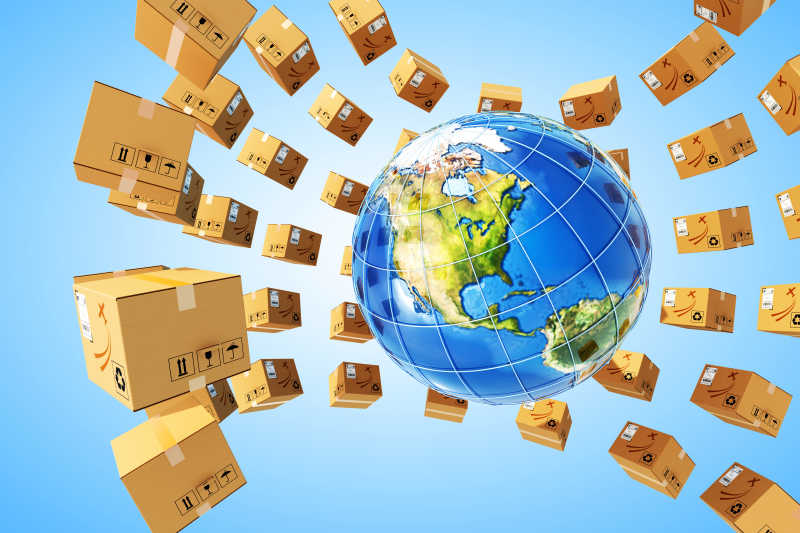Why Sourcing From China Just Got More Expensive is the more frequently asked question.We have different solution.As a China sourcing agent I get quite a few questions from buyers who want to find out how to buy from China. One of those frequently asked question is why the sourcing is so expensive and how can they get what they want at the best price? I still think it is worth spending some time looking into this issue.

Section: How China’s New Economy is Affecting Sourcing Strategies ?
The Chinese economy has been growing at an unprecedented rate since the 1980s. It has become one of the world’s most important economies and is now considered to be a global power. The changing Chinese economy has a big impact on China sourcing.
The Chinese economy is undergoing a significant transformation from an export-oriented, low-cost production base to a consumer market with higher wages and stronger domestic consumption capacity.
This is because China’s new economic model emphasizes innovation and efficiency, rather than cheap labor and manufacturing. Behind this change is China’s growing middle class. Which now includes nearly half of the population. They have been demanding more high-quality goods and services at competitive prices.
The recent trends in manufacturing outsourcing and the growing demand for more high-quality products has made it more difficult than ever to find suppliers that can meet buyers’ demands.
Section: The cost of raw materials increased
One of the biggest reasons why China has lost its competitive advantage is because of rising costs. Over the past decade, Chinese manufacturers have struggled to keep up with rising prices for raw materials such as steel and copper. This trend has accelerated over the past year as prices have soared due to U.S. tariffs on Chinese goods as well as trade tensions between China and other countries in Southeast Asia.
Section: Chinese Tariffs and the Impact on Supply Chains?
China’s tariffs on imported goods will affect all U.S. companies that manufacture or sell products in China. Including those that rely on a global supply chain to manufacture their products. The biggest impact of the tariffs on U.S.-China trade relations is likely to be felt by companies that do business through Chinese supply chains. because they will have to pay higher prices for their components and finished goods.


China’s manufacturing sector has entered a new era.
It has become a high-tech manufacturing hub with many of the same advantages as Western nations: well-educated workers, business-friendly regulations, and state support for innovation. As a result, many multinational firms are rethinking their strategies for doing business in China.
China also makes a lot of the components that are used in products manufactured in other countries. For example, China supplies a large share of the world’s computers and electronic devices, as well as clothing and shoes. Thus, tariffs on Chinese imports could increase prices for many types of consumer products—especially those that are part of a complex supply chain.
1 ) The Chinese labor force is shifting from coastal cities to inland cities .
In the past, multinational firms have opted to locate their factories in coastal cities like Shanghai and Shenzhen. These cities are known for their highly-educated workers and fast internet speeds—two key advantages for manufacturing firms. But over the past decade, China has invested heavily in infrastructure projects. Such as high-speed rail lines that connect inland cities with coastal ones. This has made it easier for companies to move their factories inland and closer to where the workforce lives.
2 ) There is no question that the values of goods and services are rising in China.
The increasing labor and production costs in China may result in higher procurement costs than before.But you can still enjoy the benefits. For example, you can easily obtain various products at competitive prices without having to be far from home. If you need the product quickly, Chinese suppliers can deliver it within a few weeks, rather than months or years like some Western suppliers.
The Chinese suppliers are also very flexible and can provide a variety of products at different price points. You can easily find the right supplier for your needs.